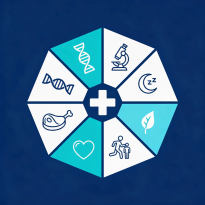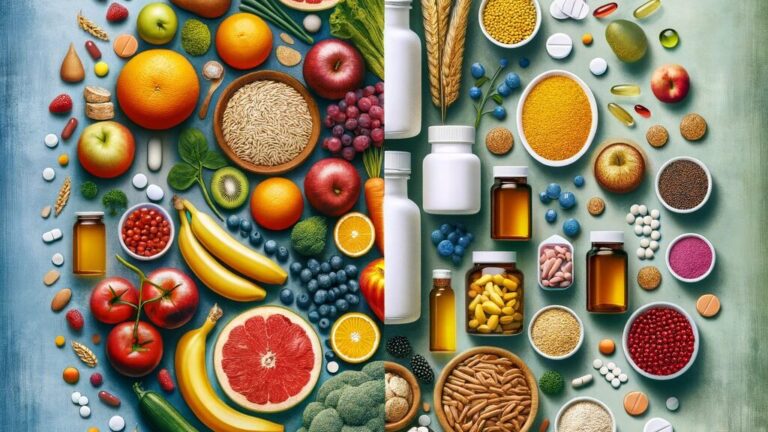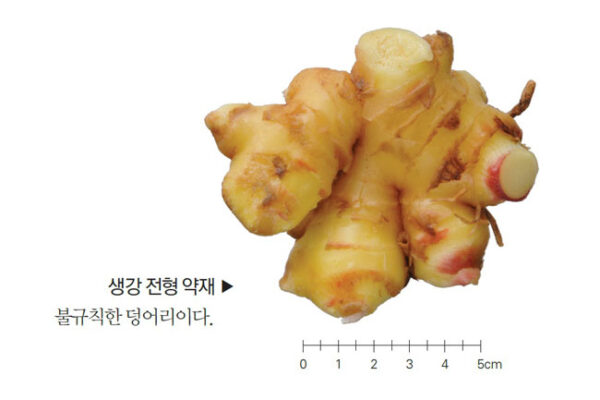Can Nutritional Supplements Completely Replace Meals?
As a child, I often wondered if it would be possible to replace meals entirely with nutritional supplements. While it seemed feasible at the time, my current perspective suggests that it might not be achievable.
The process of obtaining food and chewing it not only awakens the body’s functions but also stimulates and maintains normal bodily operations, enhancing nutrient absorption.
**Nutritional Perspective**
: While supplements provide essential nutrients, their absorption rates can differ from natural foods. For example, iron supplements may not be as efficiently absorbed as iron from actual food sources. This indicates that supplements cannot fully mimic the complex nutritional structures found in whole foods (Saltzman & Russell, 2014).
**Medical Perspective**
: Relying solely on supplements can lead to medical issues beyond just the overconsumption of certain nutrients. Chewing plays a crucial role in digestion and stimulates brain activity. Chewing promotes saliva production, aiding digestion and activating cognitive functions in the brain, which are vital aspects that supplements alone cannot replace (Mishkin et al., 2018).
**Economic and Social Perspective**
: Although supplements can be economically beneficial in specific situations, the social and cultural aspects of meals cannot be substituted by supplements. Meals play a crucial role in community building, cultural transmission, and strengthening family bonds. These aspects provide social connections and emotional stability that go beyond nutritional value (Fischler, 2010).
**Technological Advancements**
: Recent technological advancements have enabled the development of customized supplements that better meet individual nutritional needs. However, whether these supplements can entirely replace traditional meals remains questionable. While technological progress can improve the efficacy and safety of supplements, mimicking the complexity and diversity of food remains challenging (Biesalski & Tinz, 2017).
**Case Studies**
: Some studies have investigated the health status of individuals who lived solely on supplements. While some reported positive health changes in the short term, long-term health studies are still lacking. These cases suggest that while supplements can meet some nutritional needs, traditional meals are still crucial for overall health and well-being (Johnson et al., 2018).

**Rob Rhinehart’s ‘Soylent’ Experiment**
: Rob Rhinehart is known for developing a nutritional supplement mixture called ‘Soylent,’ which he consumed instead of traditional meals. He claimed that this mixture could provide all essential nutrients found in regular meals. This experiment later evolved into a commercial product, sparking discussions about its effectiveness among many users.
**Conclusion**
While nutritional supplements can be beneficial in specific situations, they are insufficient to completely replace traditional meals. Considering the importance of nutrient absorption and the act of chewing on health, it is advisable to use supplements complementarily with a balanced diet.
**Additional Thoughts**
Making money is one thing, but we can’t forgo the pleasure of eating.
Enjoying delicious food and sharing it on social media is part of our modern lifestyle.
**References**:
– Saltzman, E., & Russell, R. M. (2014). The Science of Nutrition. Journal of Nutrition, 134(8), 2067-2072.
– Mishkin, D. et al. (2018). The Role of Mastication in Promoting Cognitive Health: A Conceptual Framework. Journal of Oral Rehabilitation, 45(9), 673-680.
– Fischler, C. (2010). Commensality, society and culture. Social Science Information, 50(3-4), 528-548.
– Biesalski, H. K., & Tinz, J. (2017). Nutritional uses of bioactive compounds in foods. Nutrition, 9(8), 930.
– Johnson, R. et al. (2018). Multivitamin/mineral supplements: Rationale and safety – A systematic review. Nutrition, 28(1), 76-90.
For the original Korean text, visit here.
If you’re curious about the basics of traditional Korean medicine and health, read the following article:
Learn Why Studying JangSang Medicine is Important.
Frequently Asked but Silly Questions (Foods Good for the Liver??)
Thank you for reading.



